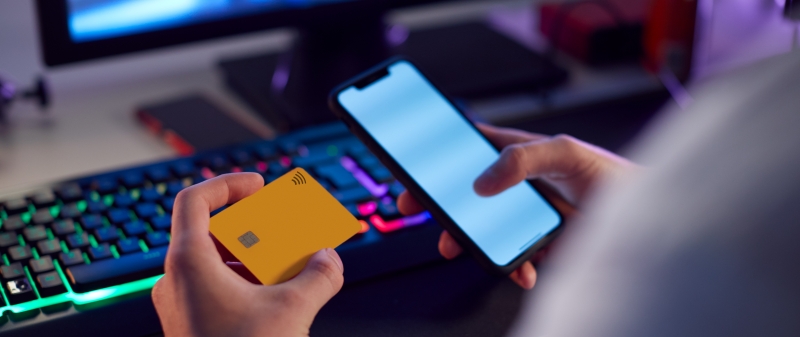Secretive multi-million dollar deals between Australia’s major sporting codes, the AFL, NRL and Football Australia, and betting firms have been revealed following an investigation by ABC’s Four Corners.
The deals see the codes take a direct cut from the bets placed on their matches — which in the case of Football Australia extend beyond the professional leagues and down to grassroots level teams sometimes with children playing.
The NRL earned $50 million from its deal with gambling firms last year. It takes a 1.2 per cent cut of each bet placed and takes a greater cut if the bet is riskier or is placed on a marquee game, such as The Finals or the State of Origin. In some instances, Four Corners revealed that the NRL takes up to 17.5 per cent of all bets.
The AFL, meanwhile, took between $30-40 million from sports betting businesses last year. However, the code would not tell the ABC how much the deal is worth at the individual bet level.
Four Corners noted that these deals are designed to fund the integrity units of the codes’ operations and give them a level of control over the gambling on their sports. However, in the case of Football Australia, the code takes an amount of every bet placed in the professional and non-professional leagues.
Even games down at the fifth tier of Australian soccer see employees of the big gambling firms in attendance to keep gamblers updated in real-time about the events on the pitch — despite the clubs having no awareness of their presence or the match being available to bet on.
Football Australia would not agree to an interview with Four Corners or reveal the details of its deal and how much it earned.
While the deals are supposed to fund the integrity divisions at the major sporting codes and let them protect their sports and punters, Four Corners and Dr Hunter Fujak, a lecturer in sports management at Deakin University, noted that the structure of the deals gives the codes an incentive to attract as many gamblers as possible.
“The sports gambling advertising is very much for attracting new gamblers. Our sports leagues stand to benefit the more there are new gamblers encouraged to gamble and existing punters gambling more,” he explained.
“It’s no wonder that they’re [gambling firms] sponsoring sports, because it gives you primetime access into lounge rooms across the country,” added independent senator David Pocock.
He added that the “sheer number” of betting ads that people see is causing its own problems.
“They turn on the TVs, they’re seeing gambling. They scroll their Twitter or Facebook feed, they’re seeing gambling.”
The details of the deals come at a problematic time for the wagering industry in Australia. The ongoing review of the gambling industry has seen a range of industry faces — including the gambling firms themselves — decry the ubiquity of gambling ads.
“The proliferation of gambling advertising, we believe, has gone too far,” Tabcorp CEO, Adam Rytenskild, told the inquiry.
“This is not good for the broader Australian community, and it’s not good for the long-term sustainability of the wagering industry. Regulation of the industry is rightly an increasing focus for the government and for the community.”
Even Prime Minister Anthony Albanese has said that gambling ads are “annoying” but would be drawn on whether there will be a blanket ban on advertising during sporting fixtures.
The Liberal party is also expected to introduce a bill to the Senate this week to create an hour-long buffer between sports broadcasts and gambling adverts. Responsible Wagering Australia — the peak body representing firms such as Sportsbet, bet365 and Betfair — told the Sydney Morning Herald that it would be willing to reduce the frequency of gambling adverts and that a “carefully considered approach” to advertising frequency reform would “strengthen the existing consumer protections that RWA members already have in place.”








